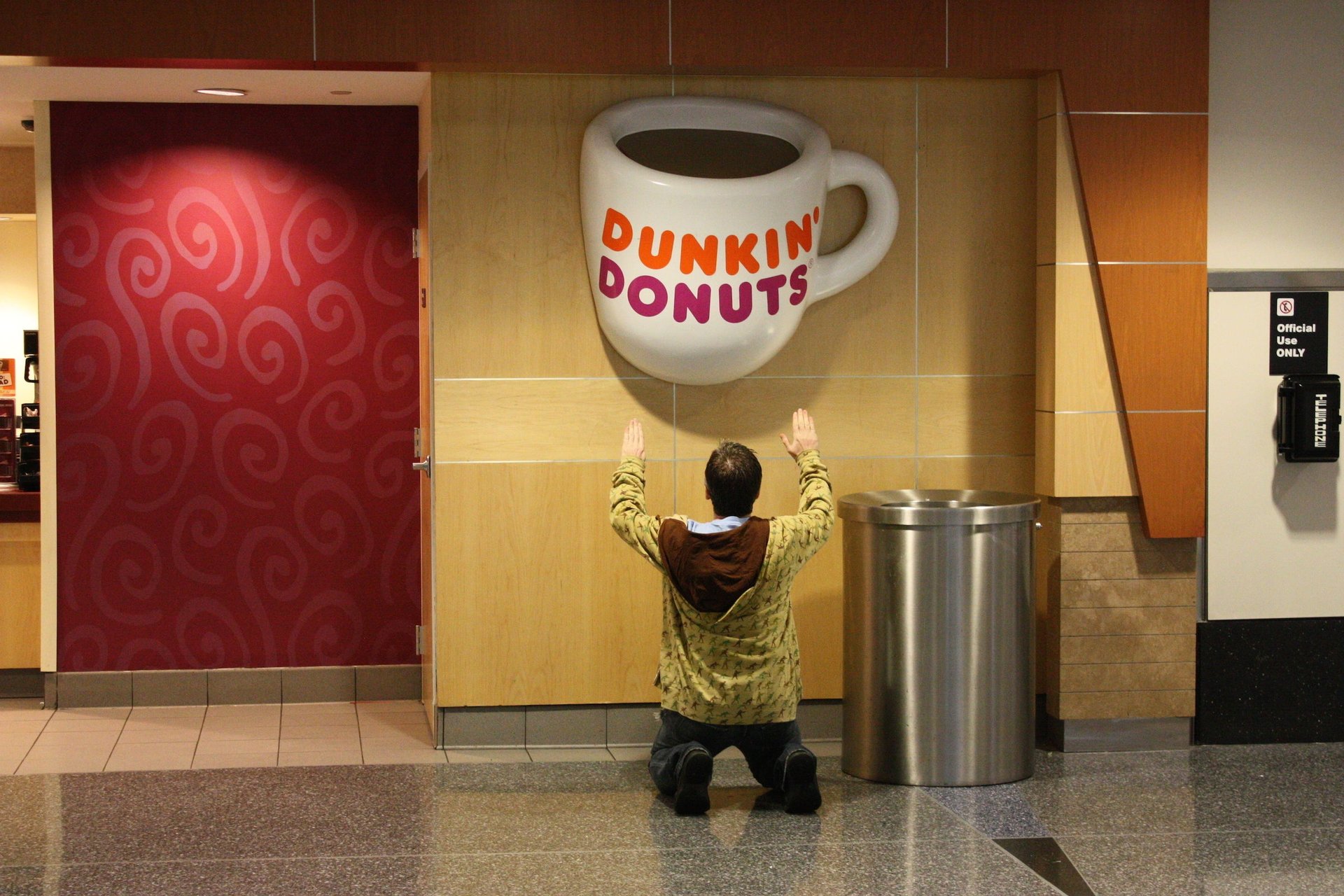Drinking a bunch of coffee could prevent diabetes
This article has been corrected.


This article has been corrected.
It’s rare when a bad habit gets a shot at redemption. In 2002, researchers published a huge meta-analysis that implied coffee could reduce your risk of getting type 2 diabetes. A new study adds strength to this idea, by showing that diabetes is responsive to coffee intake over a relatively short time period.
The study, to be published today in the journal Diabetologia, indicates that increasing or decreasing your daily coffee intake even as little as one cup could lower or raise your chance of getting diabetes. This builds on prior research that suggests you can reduce your risk of developing the disease if you have up to six daily cups of joe.
To get their results, the researchers pulled data from the famous Harvard Nurses Health Study, which started in 1976 and followed 238,000 medical professionals’ health and habits. They excluded people with pre-existing diabetes, heart disease, and anyone whose reported food history seemed dubious. They also threw out women who got pregnant during the study period, anyone who died, and people whose dietary and lifestyle information was incomplete. This left them with over 120,000 subjects, whose coffee and tea habits they tracked over a four-year period.
Since this study pulled data from existing research, and not from a specifically-tailored trial, the researchers weren’t able to control for every factor that might skew the results. “To really establish causality—to say that coffee is associated with type 2 diabetes—you really need a clinical trial,” says Dr. Shilpa Bhupathiraju, a researcher at Harvard’s School of Public Health, who co-authored the study. Still, the large size of the sample lends the findings weight.
One of the authors, Robert van Damm, was part of the research team that originally published the link between coffee and diabetes. Van Damm is currently taking funding from Nestec—which owns Nestle—for a trial measuring the effects of coffee on insulin sensitivity. The authors disclose the connection in their paper and say that there is no conflict of interest.
A chemical called chlorogenic acid, which has been shown to improve metabolism in small human studies, could be behind the coffee connection. “Coffee is also a source of magnesium, which is associated with a lower risk of diabetes,” says Bhupathiraju. Caffeine, on the other hand, has been shown to impair diabetics’ ability to metabolize glucose—a crucial blood sugar that tells the body how much insulin to release.
Their results strongly suggested that people who added even one cup of Joe a day over the four-year time frame were 11% less likely to get type 2 diabetes than those who did not. Even more striking, it suggested that coffee-drinkers who cut back by a cup a day were 17% more likely to get the disease. The researchers also tested for decaffeinated coffee and tea, and found no associations—but Bhupathiraju says the numbers of decaf and tea drinkers were too low for statistical significance.
“It’s important to emphasize that coffee is just one component of our healthy lifestyle,” says Bhupathiraju. This means that upping your coffee intake isn’t going to offset an uptick in donut consumption, nor does it mean you can expect that adding two shots of espresso to your caramel latte make it a healthy way to start your day. “When we’re talking about coffee, we’re talking about an 8-ounce cup,” she says. “And we’re talking about black coffee, not blended coffee.”
Correction: An earlier version of this article conflated the results of the new study (one cup of coffee a day could alter your chances for diabetes) with a previous paper that suggested there is a link between drinking up to six cups of coffee and lowering your risk for diabetes.